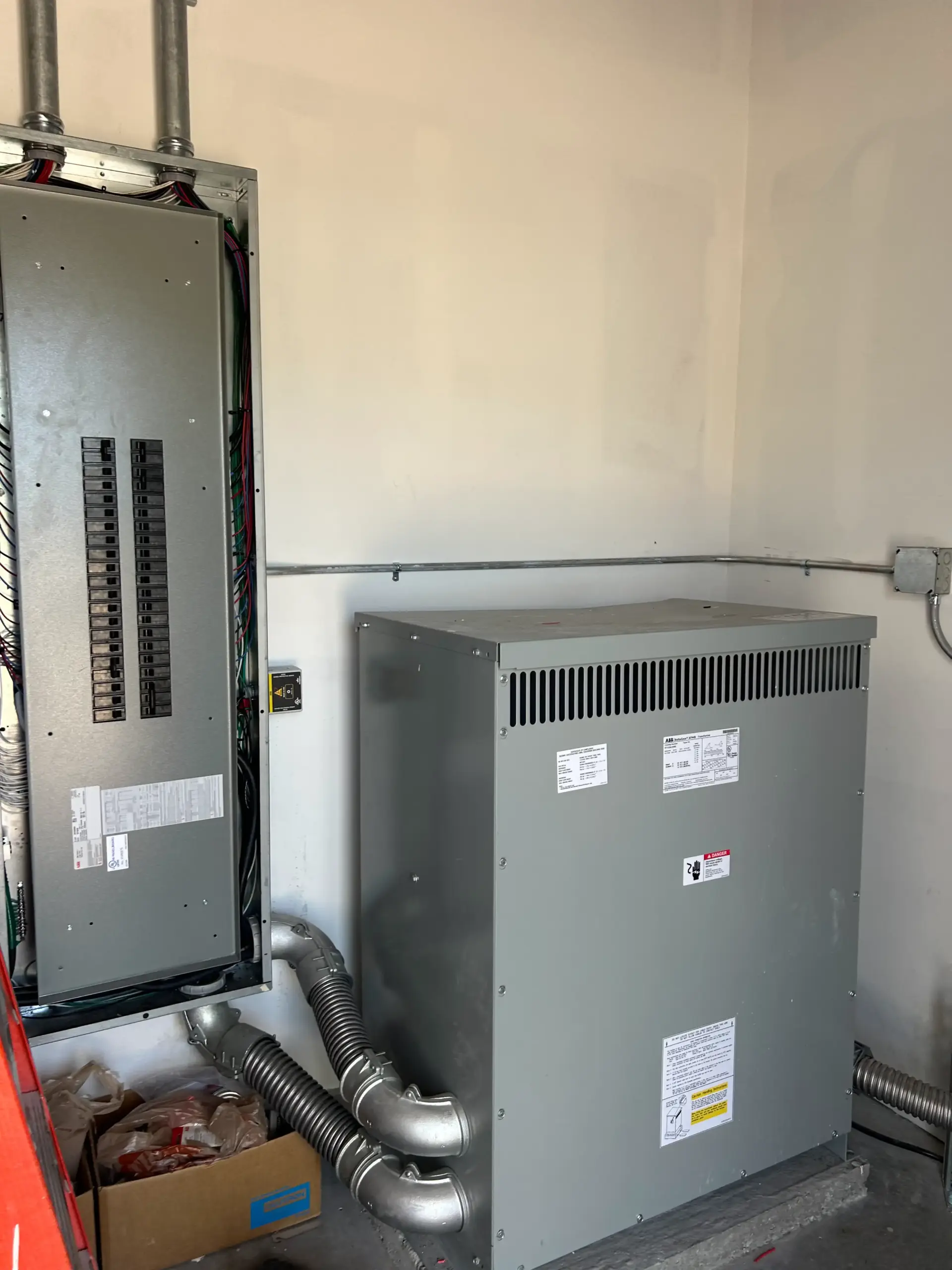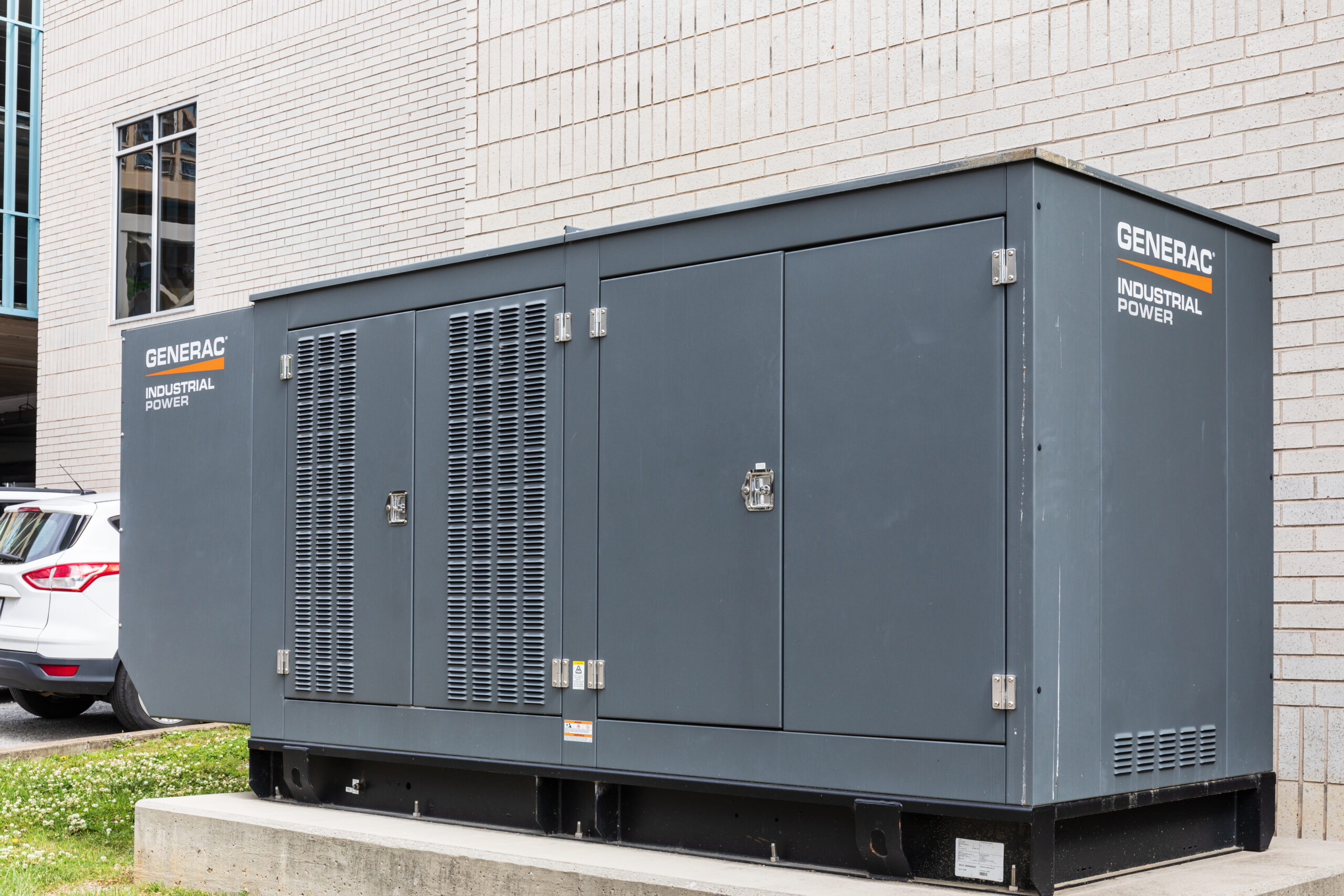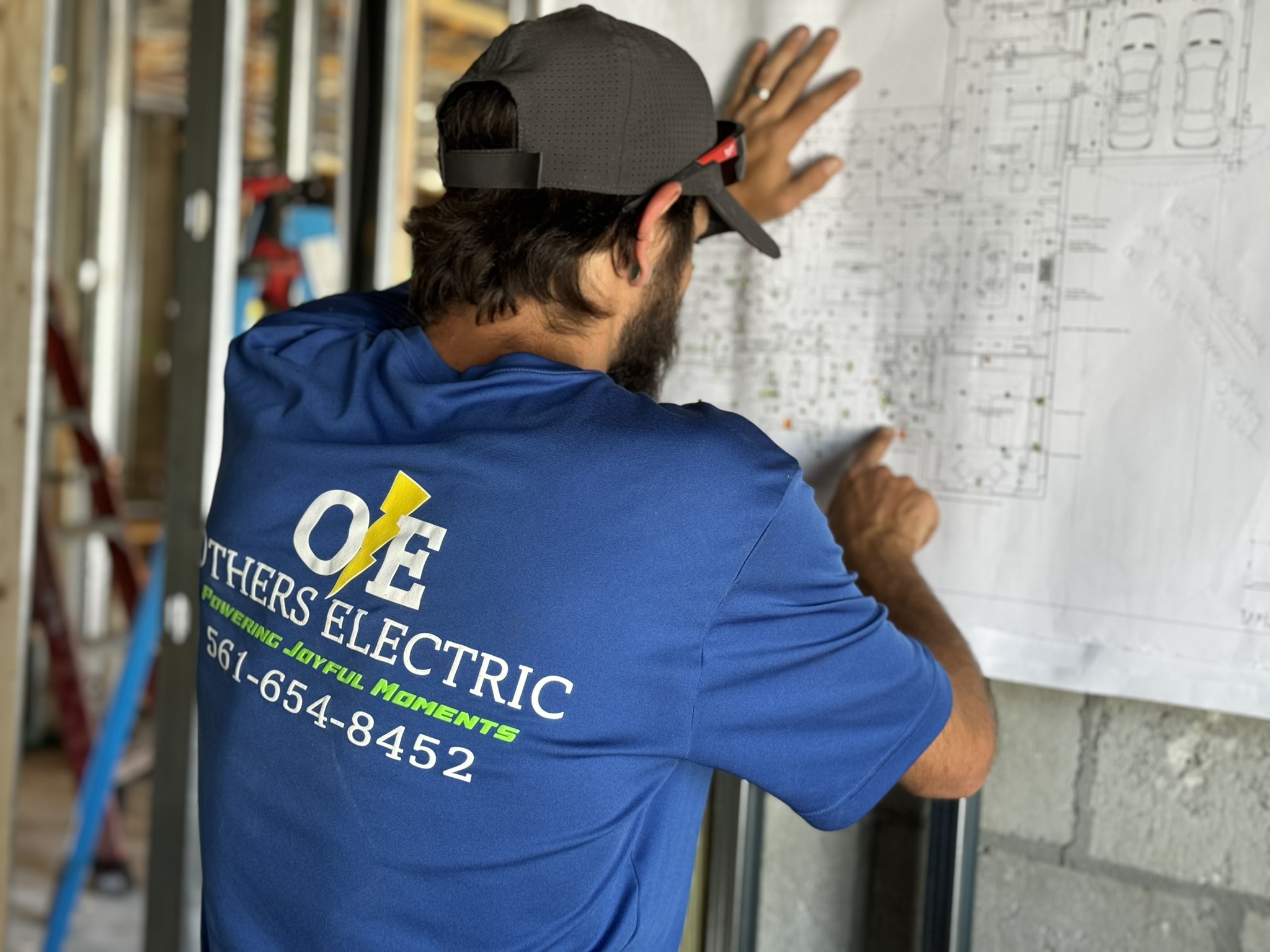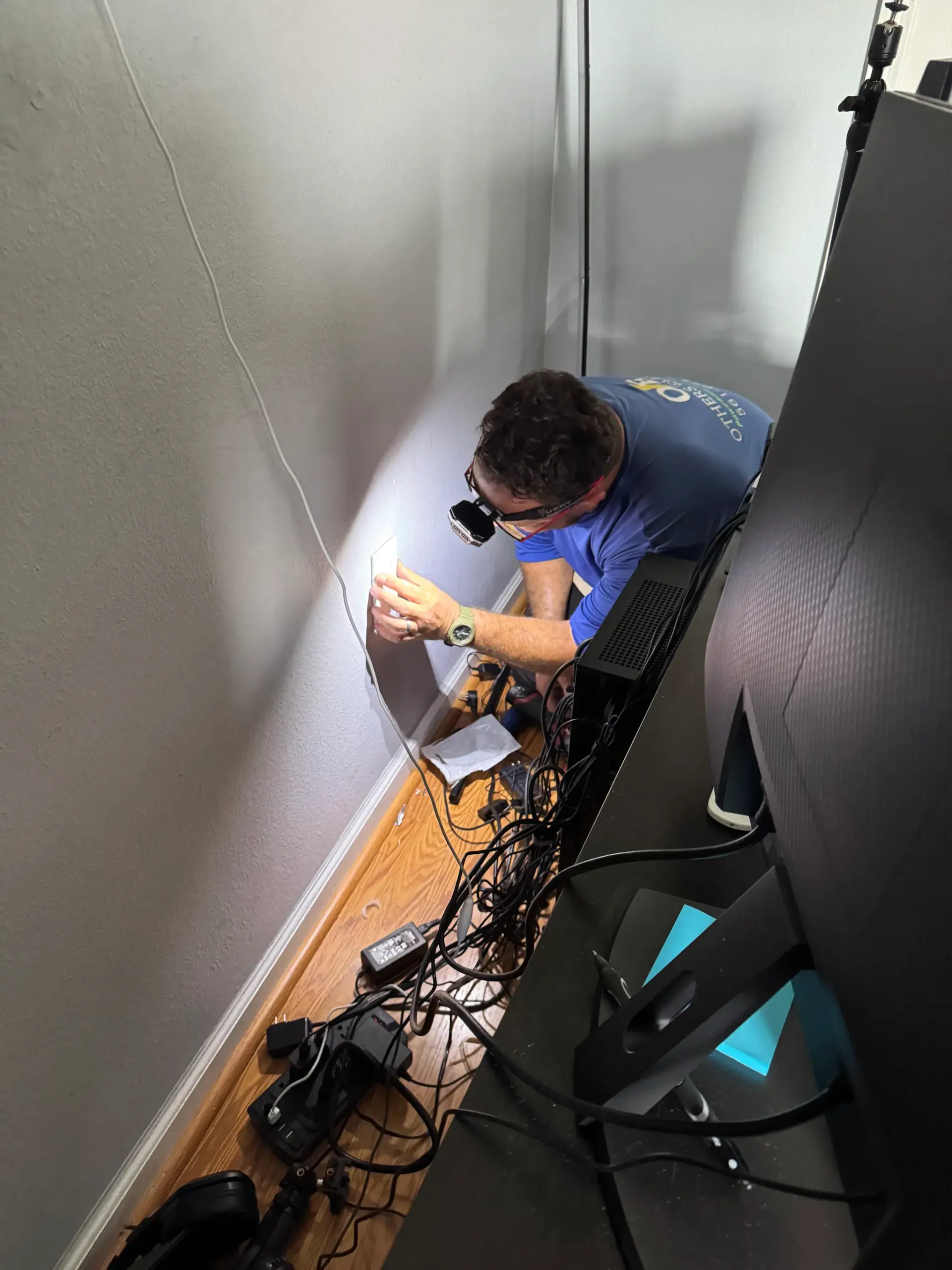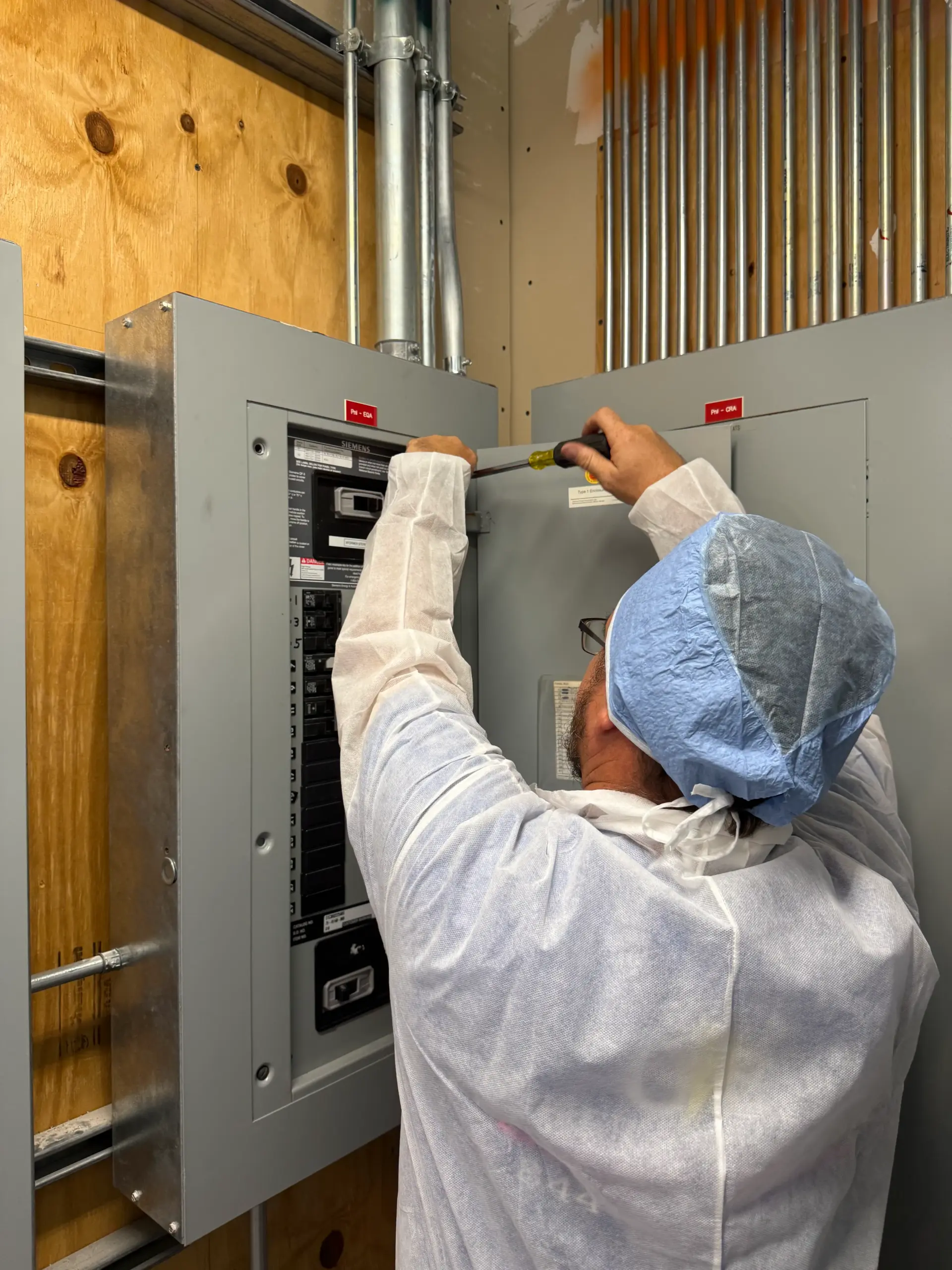Electric vehicles (EVs) are rapidly gaining popularity as an eco-friendly and cost-effective alternative to traditional gasoline-powered cars. As EV ownership increases, many drivers are looking to install EV chargers at home for convenience and efficiency. However, one question often arises: Do you need a permit to install an EV charger? This article delves into the regulations, considerations, and steps involved in EV charger installation to help you understand what’s required. Let’s go into do you need a permit to install an ev charger.
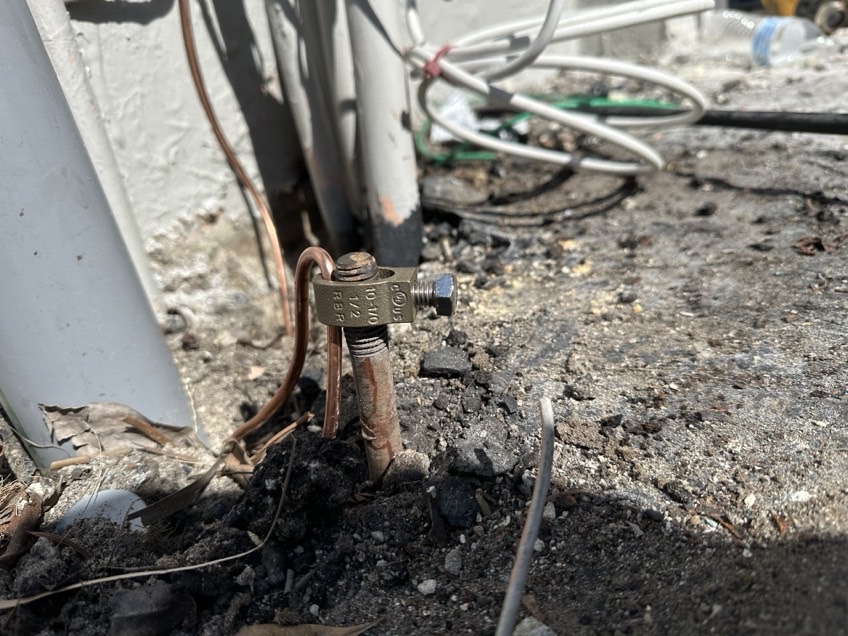
Understanding EV Chargers
Before exploring the permit requirements, it’s essential to understand the basics of EV chargers. EV chargers come in three primary levels:
- Level 1: These chargers use a standard 120-volt outlet and are often included with the vehicle. They are slower and typically do not require special installation or permits.
- Level 2: These chargers require a 240-volt outlet and are much faster than Level 1. They are the most common choice for residential installations but often need professional installation.
- Level 3 (DC Fast Chargers): These are typically used in commercial settings and are not common for residential use due to their high cost and power requirements.
The level of charger you choose will influence whether a permit is necessary and the complexity of the installation process.
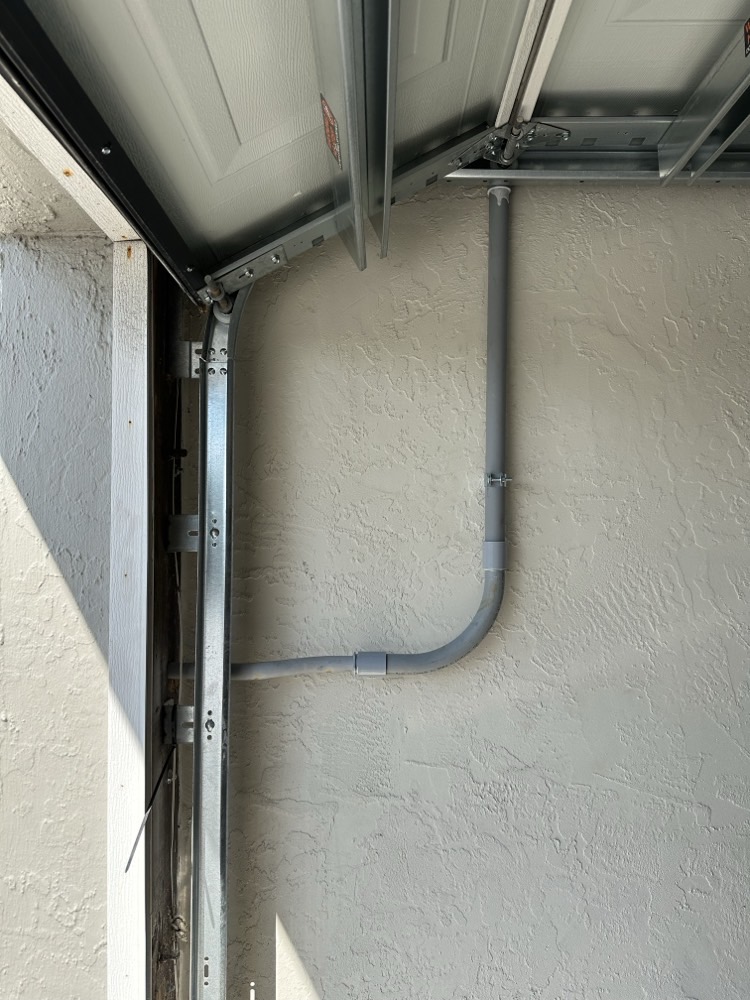
Why Permits Are Often Required – Do You Need a Permit To Install an EV Charger
Permits are generally required for electrical work to ensure safety, compliance with local building codes, and adherence to electrical standards. Installing an EV charger involves modifications to your home’s electrical system, which can pose risks if not done correctly. Obtaining a permit helps ensure that the work is inspected and meets all necessary regulations.
Factors Influencing Permit Requirements
Whether you need a permit to install an EV charger depends on several factors, including local regulations, the type of charger, and the scope of the installation.
Local Building Codes
Building codes vary by location, and each jurisdiction may have specific requirements for electrical work. Some areas mandate permits for all EV charger installations, while others only require them for Level 2 or higher chargers. It’s crucial to check with your local building authority to understand the rules in your area.
Electrical Panel Upgrades
If your home’s electrical panel cannot handle the additional load of an EV charger, you may need to upgrade it. This type of work almost always requires a permit, as it involves significant modifications to your electrical system.
Outdoor vs. Indoor Installation
The location of the charger can also impact permit requirements. Outdoor installations may require additional considerations, such as weatherproofing and proper wiring protection, which could necessitate a permit.
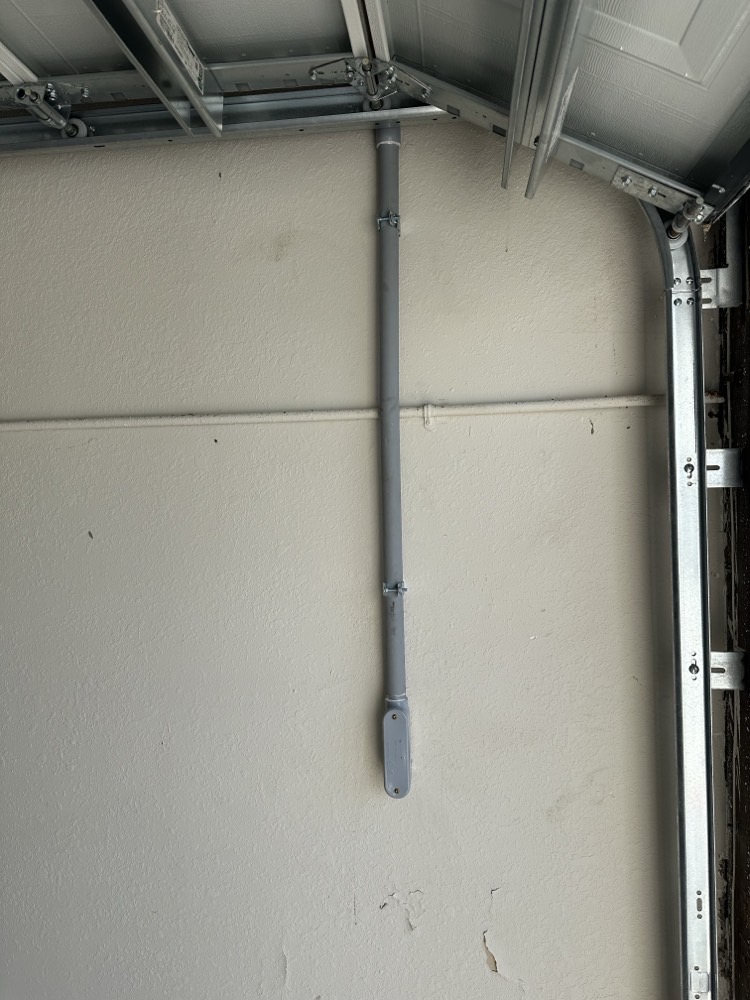
The Permit Application Process
If a permit is required, the process typically involves several steps.
Consultation with an Electrician
Before applying for a permit, consult with a licensed electrician. They can assess your home’s electrical capacity, recommend the best charger for your needs, and determine whether any upgrades are necessary. An electrician can also guide you through the permitting process or handle it on your behalf.
Submitting the Permit Application
To obtain a permit, you’ll need to submit an application to your local building department. The application usually includes details about the project, such as the type of charger, the location of installation, and any electrical upgrades. Some jurisdictions may require additional documentation, such as electrical plans or a site layout.
Permit Approval and Inspection
Once the permit is approved, the installation can proceed. After the work is completed, an inspector will visit your home to ensure the installation meets all safety and code requirements. Passing the inspection is critical to avoid fines and potential safety issues.
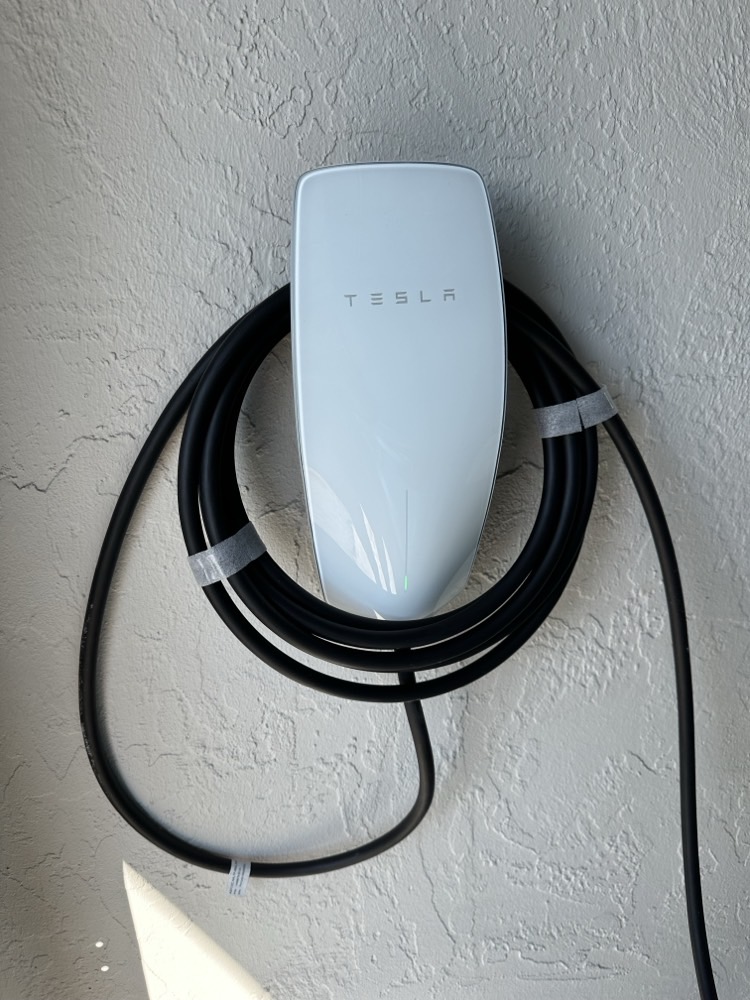
Benefits of Obtaining a Permit
While the permitting process may seem cumbersome, it offers several benefits that make it worthwhile.
Ensures Safety
EV chargers draw a significant amount of power, and improper installation can lead to electrical fires or damage to your home’s electrical system. A permit ensures that the installation is done safely and adheres to electrical standards.
Protects Your Investment
Installing an EV charger is an investment in your home and vehicle. A permitted and inspected installation provides peace of mind that the charger will operate reliably and efficiently.
Avoids Legal and Insurance Issues
Failing to obtain a permit for electrical work can result in fines or legal complications, especially if the unpermitted work leads to property damage or injury. Additionally, some insurance policies may not cover damages resulting from unpermitted electrical work.
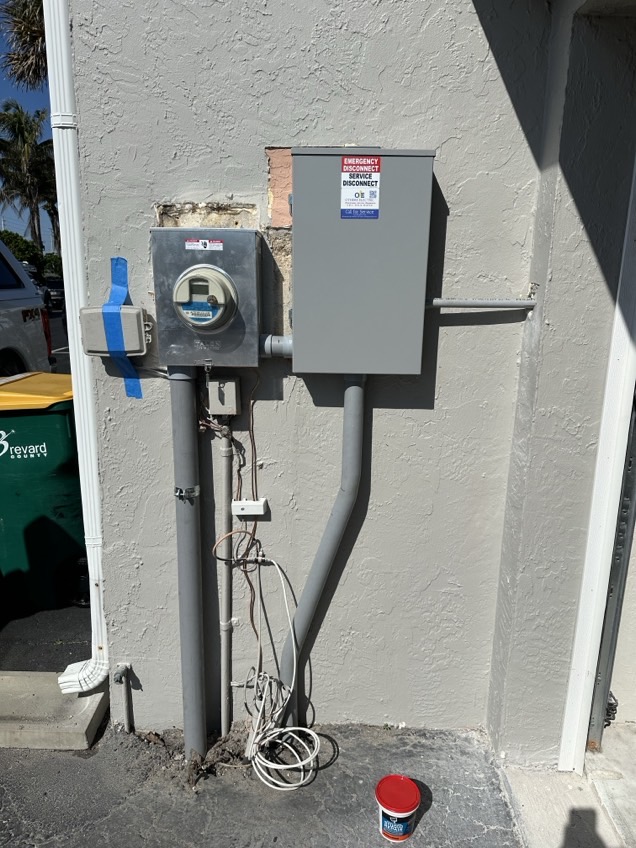
Situations Where Permits May Not Be Required
In some cases, a permit may not be necessary. For example, if you’re using a Level 1 charger that plugs directly into an existing outlet, no modifications to your electrical system are required, and a permit is typically not needed. However, even in these cases, it’s a good idea to consult with an electrician to ensure your outlet and wiring can safely handle the charger.
DIY vs. Professional Installation
While some homeowners may be tempted to install an EV charger themselves, this approach is not recommended for most people. EV charger installation involves complex electrical work that requires expertise to ensure safety and compliance with codes. Hiring a licensed electrician not only simplifies the process but also ensures that the work is done correctly and meets all regulatory requirements.
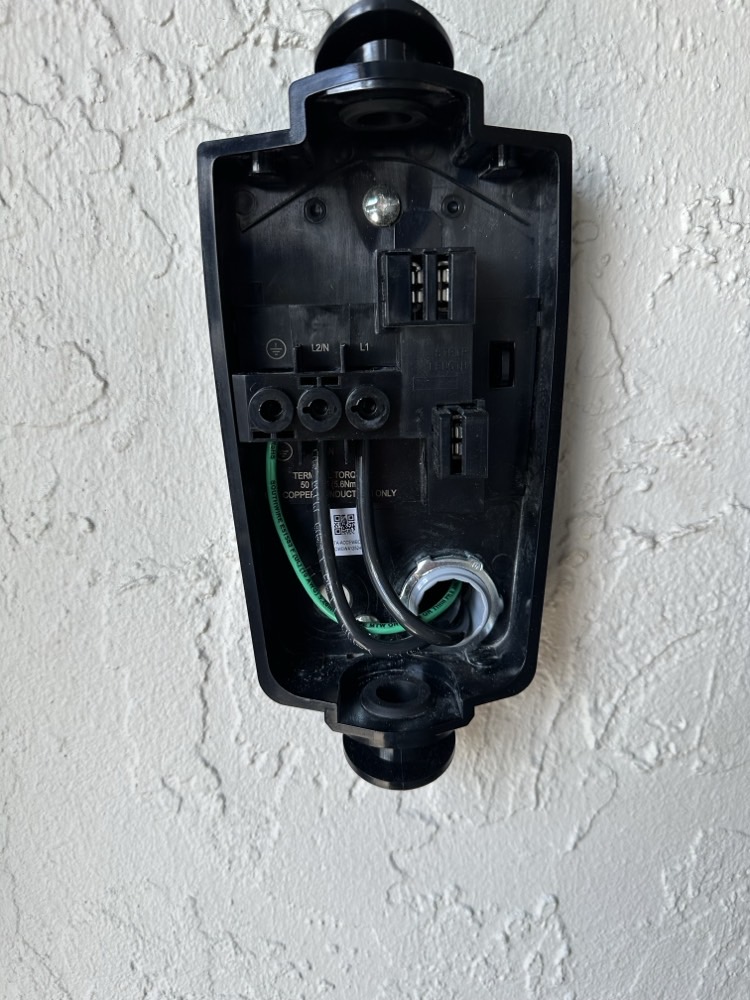
Costs Associated with Permits and Installation
The cost of obtaining a permit varies depending on your location and the scope of the project. Permit fees can range from $50 to $500, with additional costs for inspections.
The overall cost of installation depends on several factors, including the type of charger, the complexity of the installation, and any necessary electrical upgrades. Level 2 charger installations typically range from $500 to $2,000, while Level 3 installations can cost significantly more.
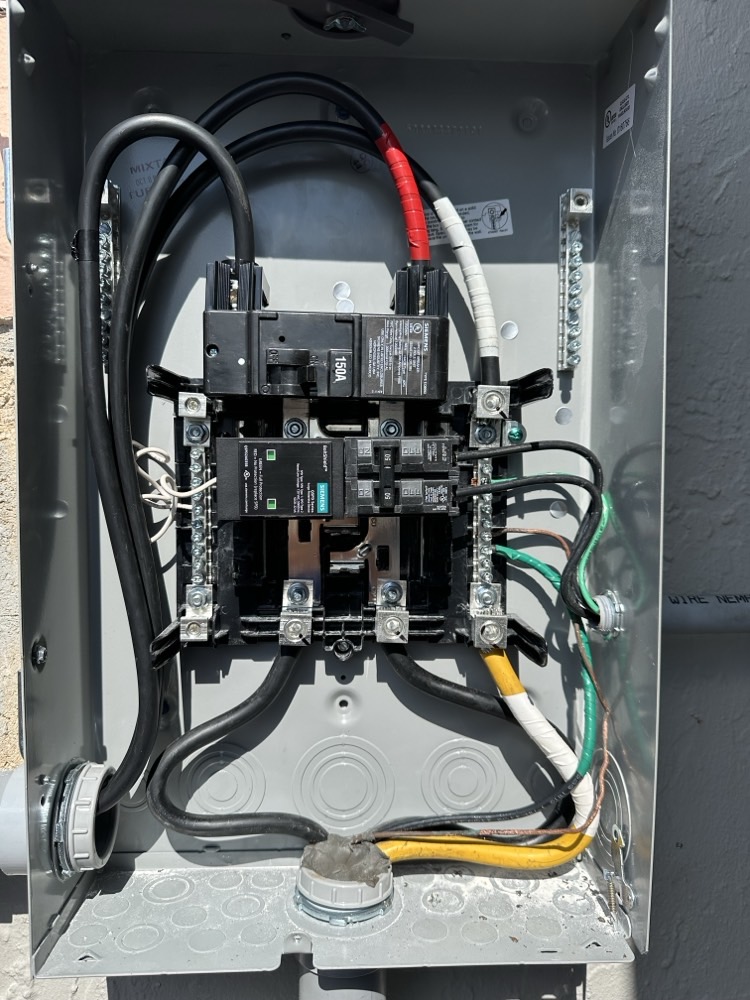
Conclusion
Installing an EV charger at home is a convenient way to ensure your electric vehicle is always ready to go. However, the process often involves obtaining a permit to ensure safety and compliance with local building codes. By working with a licensed electrician and following the necessary steps, you can enjoy the benefits of a properly installed EV charger while avoiding potential legal or safety issues.
For those in need of professional electrical services, Others Electric can help guide you through the process, from consultation to installation, ensuring a seamless and hassle-free experience.


